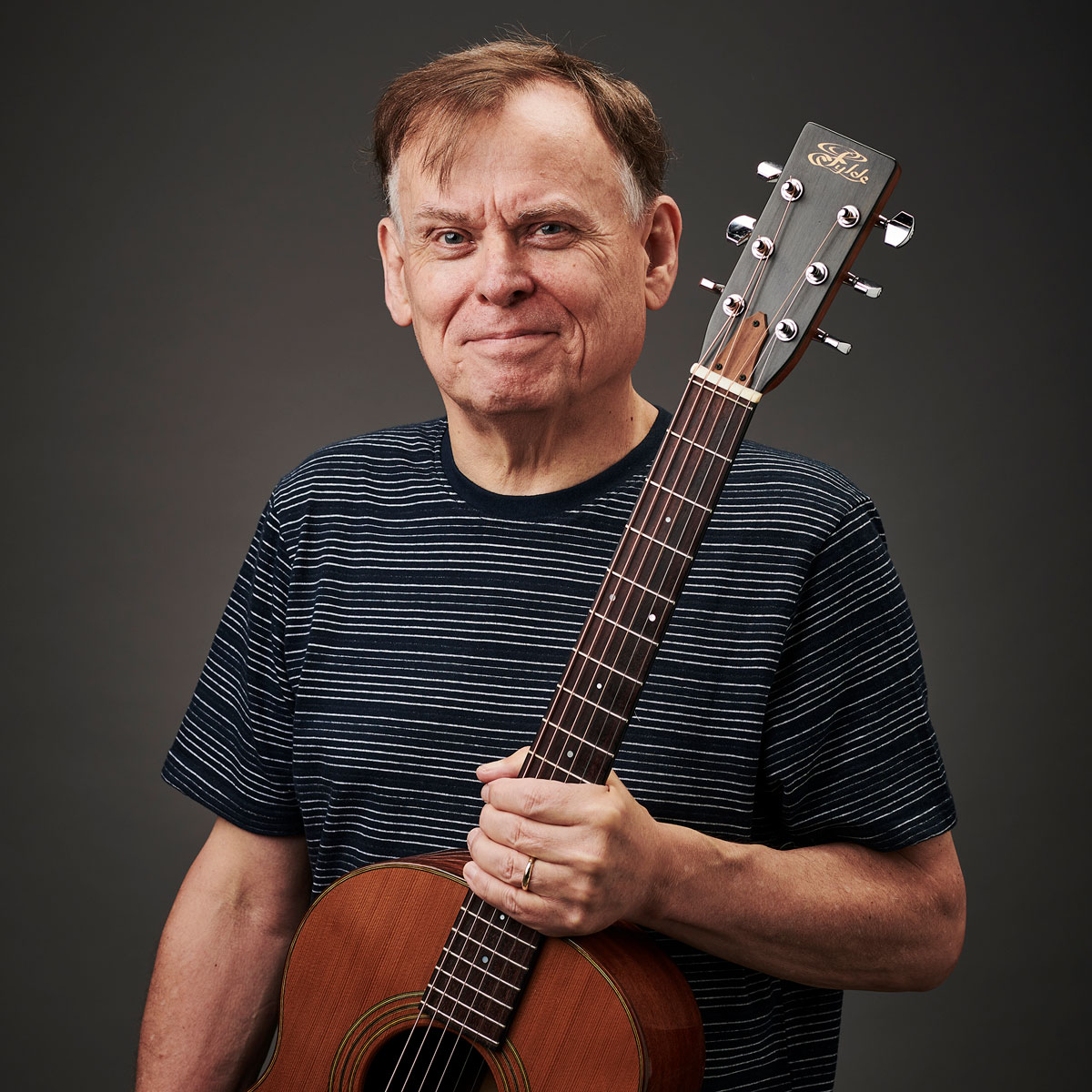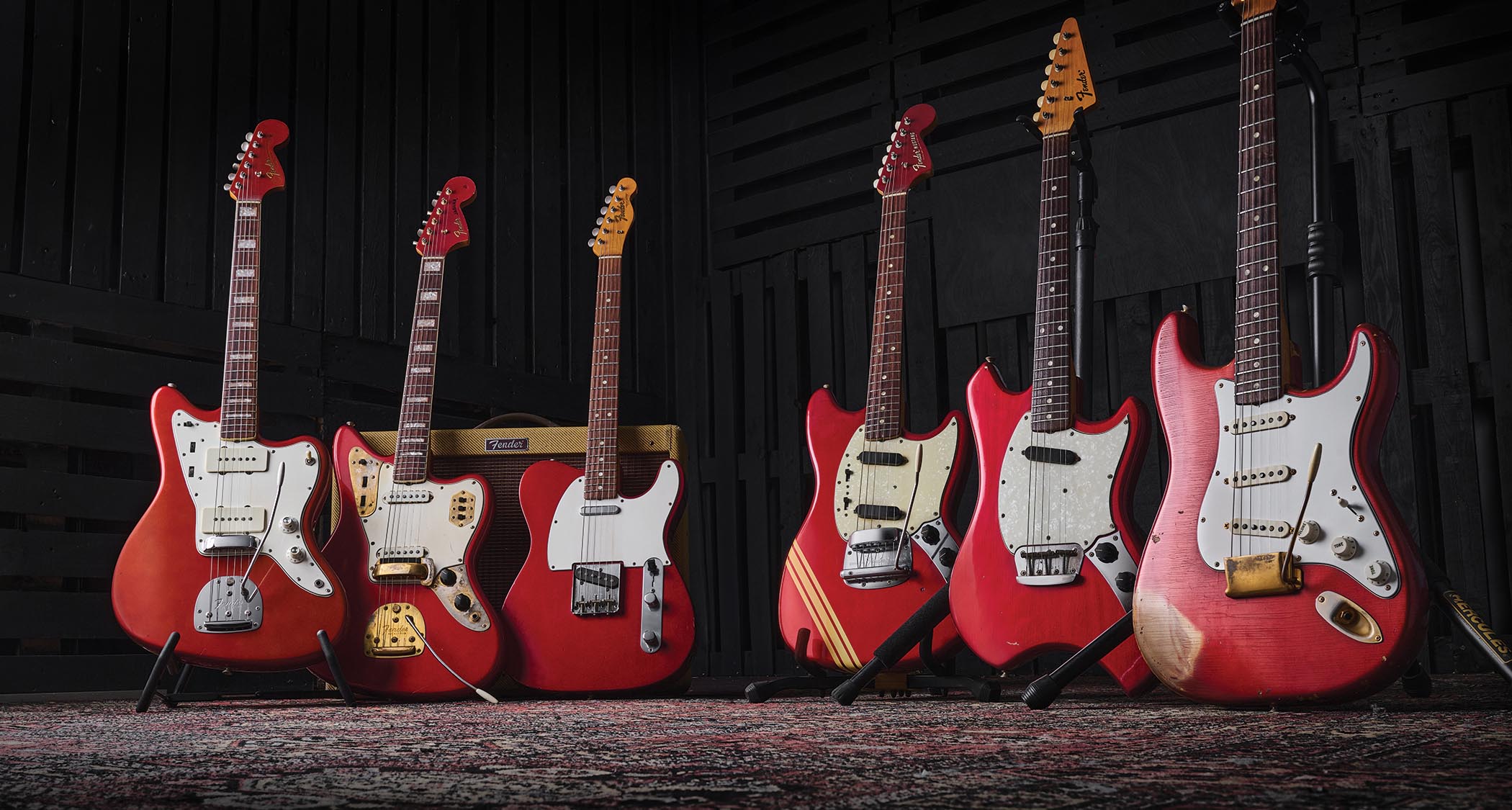Taylor's acoustic guitar bracing options explained
Get to know your C-Class from your V-Class, and what this means for your acoustic guitar tone
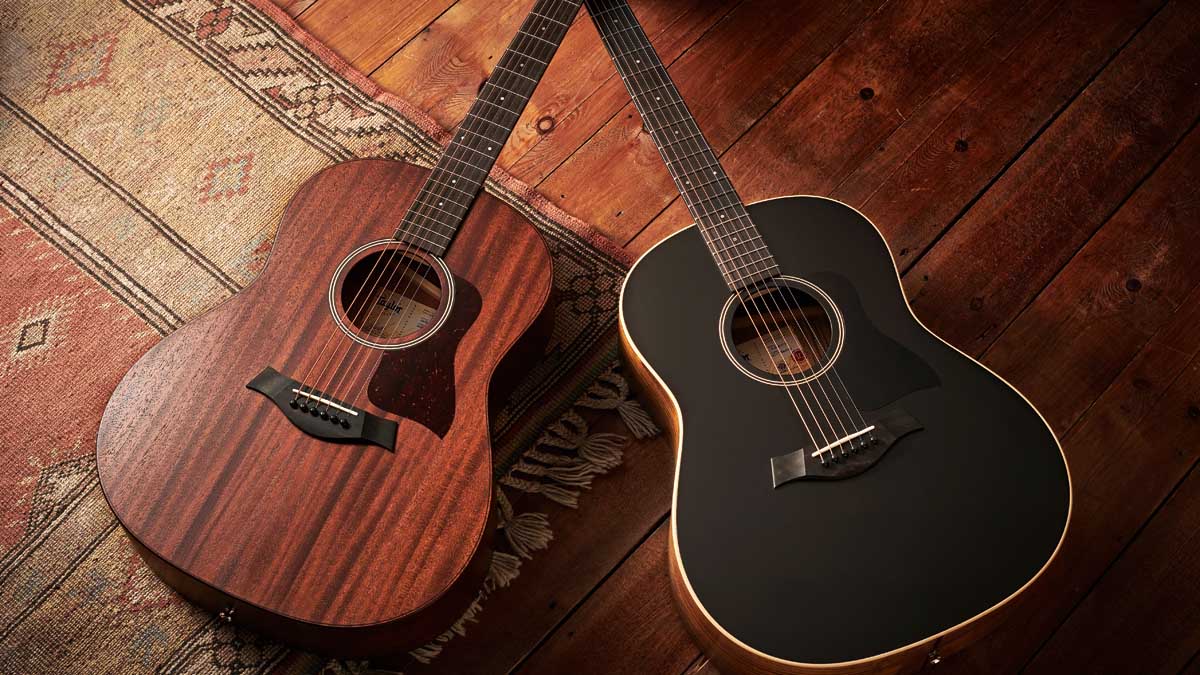
All the latest guitar news, interviews, lessons, reviews, deals and more, direct to your inbox!
You are now subscribed
Your newsletter sign-up was successful
Ever since establishing itself as one of the world's leading guitar brands, Taylor has remained been at the forefront of cutting-edge acoustic guitar design. In fact, the Taylor name has long been a byword for innovation in the industry.
A big part of the company's success has been its bracing patterns, which have radically altered the performance and response of its soundboards, with the likes of its C-Class pattern allowing for an enhanced performance from smaller bodied guitars, and V-Class all but changing the game for high-end acoustic builds.
But all these patterns can be hard to keep track of. Here, we take a look at each of the main bracing patterns used by Taylor today, and explain what they mean for the guitars that feature them.
V-Class Bracing
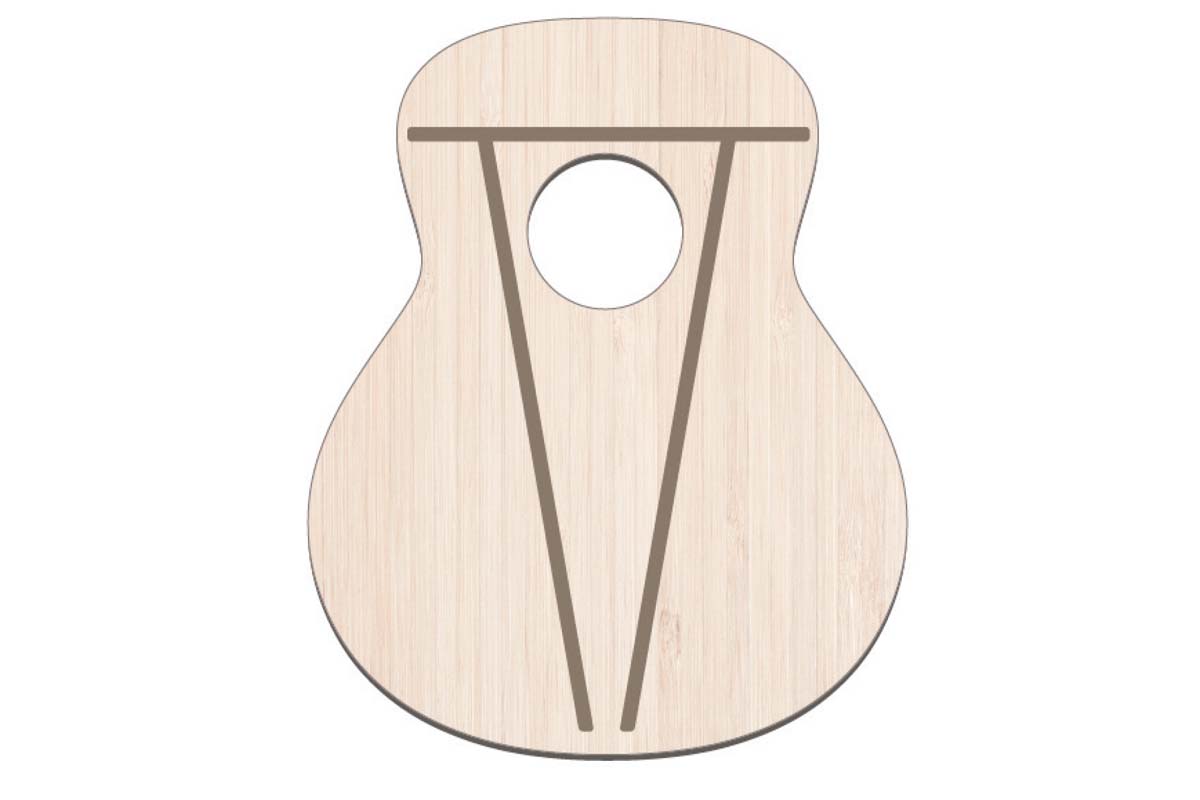
Taylor’s V-Class bracing is a revolutionary new pattern that marks a major shift away from traditional steel-string bracing patterns. By allowing the soundboard to flex naturally while maintaining rigidity along the centre (in the direction of the strings), it enhances both volume and sustain.
Up and down the fretboard, notes are full, true and consistent, with more harmonic agreement. It represents an entirely new design platform that can be adapted to different body styles in different ways to infuse each with a unique sonic personality.
C-Class Bracing
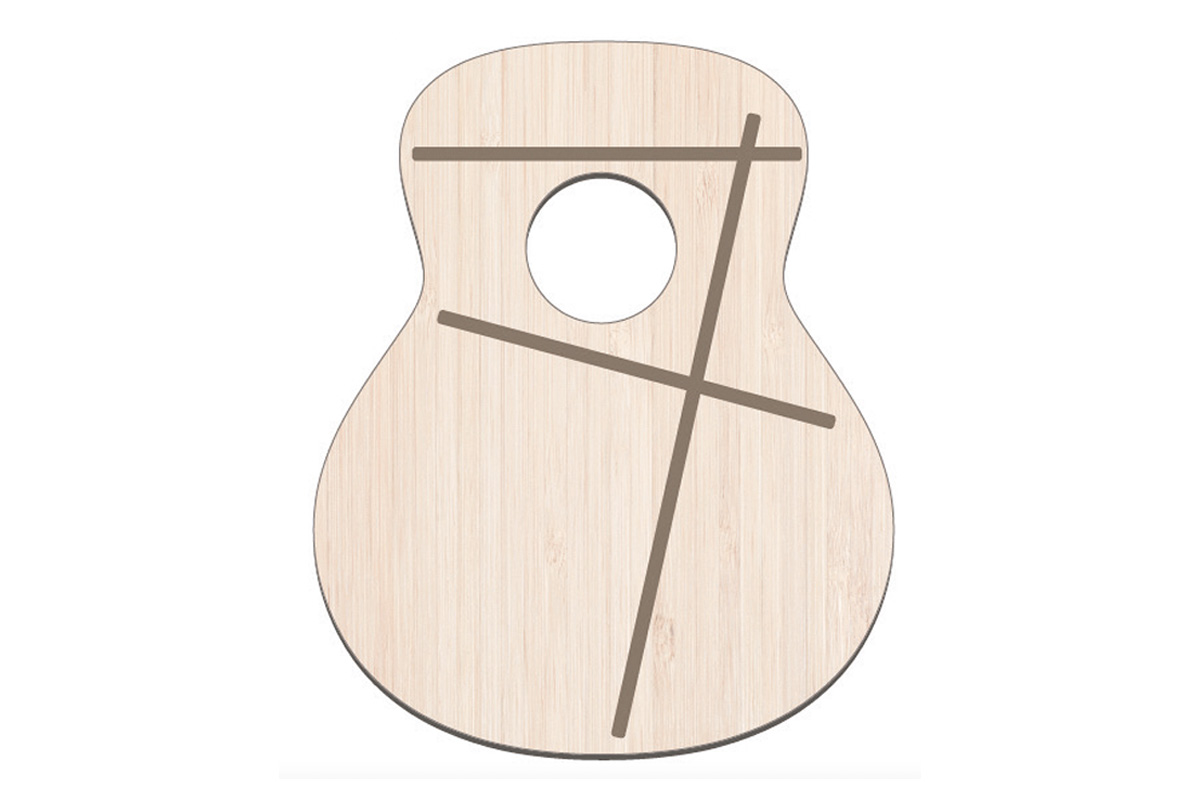
Developed for the smaller Taylor GT body shape, Taylor’s proprietary C-Class bracing leverages some of the tone-enhancing ideas behind the V-Class design to boost the volume and sustain.
Featuring an asymmetrical, cantilevered design (thus the ‘C’ in C-Class), this unique architecture emphasises the lower frequencies to produce a surprisingly powerful bass response from a smaller-bodied guitar. The overall sound is sweet, focused and responsive, with a tonal output that sonically punches above its weight class.
All the latest guitar news, interviews, lessons, reviews, deals and more, direct to your inbox!
X Bracing
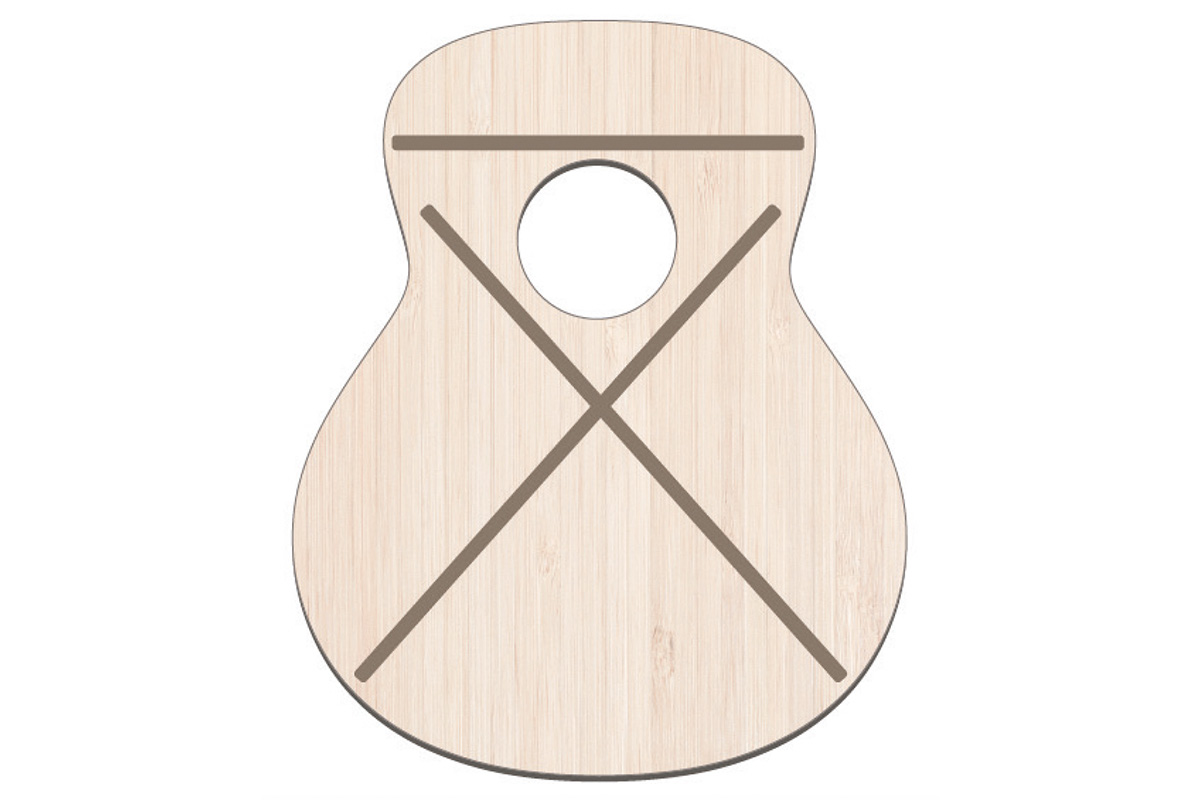
The ‘X’ pattern provides a continuous flow of strength from the upper bout to the lower bout, which provides rigidity despite the soundhole’s location in the middle of the soundboard.
Taylor’s refined interpretations of this traditional bracing style have been adapted to produce pleasing volume, sustain and responsiveness, with signature clarity and balance across the tonal spectrum that has long been associated with the company’s guitars. X bracing is used on the Baby Taylor, GS Mini, Academy, and 100 and 200 Series.
Nylon-String Fan Bracing
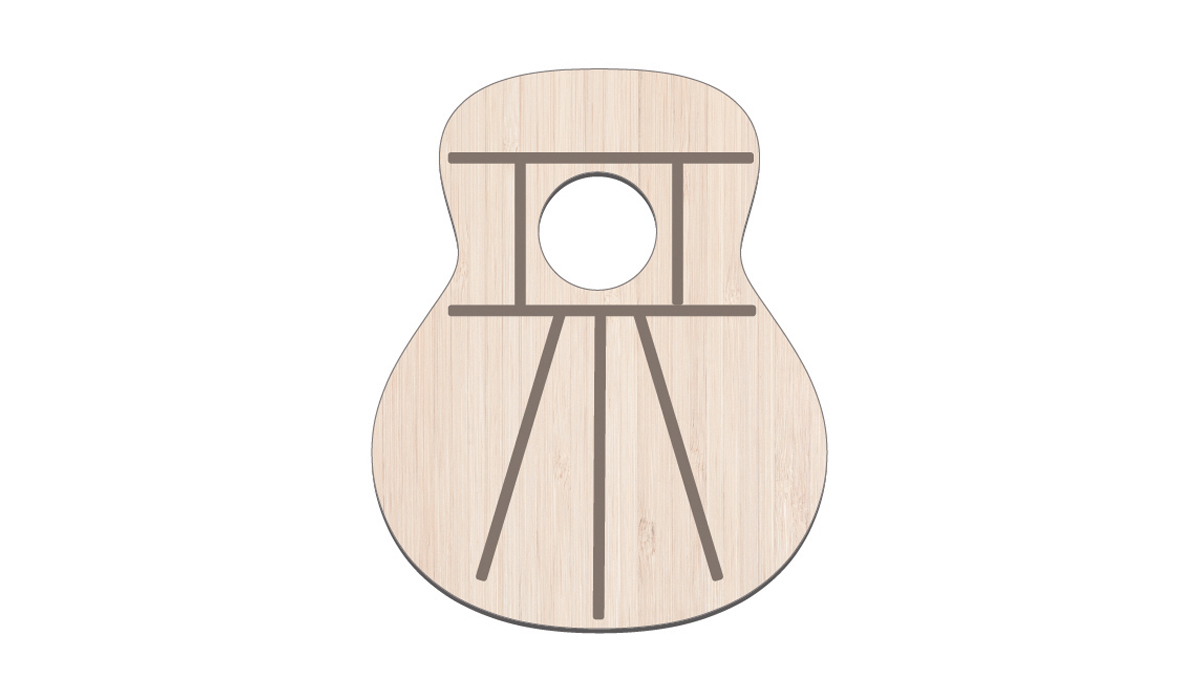
Fan bracing is a completely different bracing style used on Taylor’s nylon-string models, inspired by patterns use by classical guitar builders.
Nylon strings generate less tension and so a nylon-string guitar typically has a thinner top and lighter bracing. Fan bar styles come in different arrangements, and they use both five-bar and three-bar patterns.
The three-bar pattern shown here is a unique Taylor design that Andy Powers adapted from his ukulele designs. It produces a signature clear, open sound with a long sustain and is responsive to a light touch.
- Read more: Taylor 811e review
With over 30 years’ experience writing for guitar magazines, including at one time occupying the role of editor for Guitarist and Guitar Techniques, David is also the best-selling author of a number of guitar books for Sanctuary Publishing, Music Sales, Mel Bay and Hal Leonard. As a player he has performed with blues sax legend Dick Heckstall-Smith, played rock ’n’ roll in Marty Wilde’s band, duetted with Martin Taylor and taken part in charity gigs backing Gary Moore, Bernie Marsden and Robbie McIntosh, among others. An avid composer of acoustic guitar instrumentals, he has released two acclaimed albums, Nocturnal and Arboretum.
